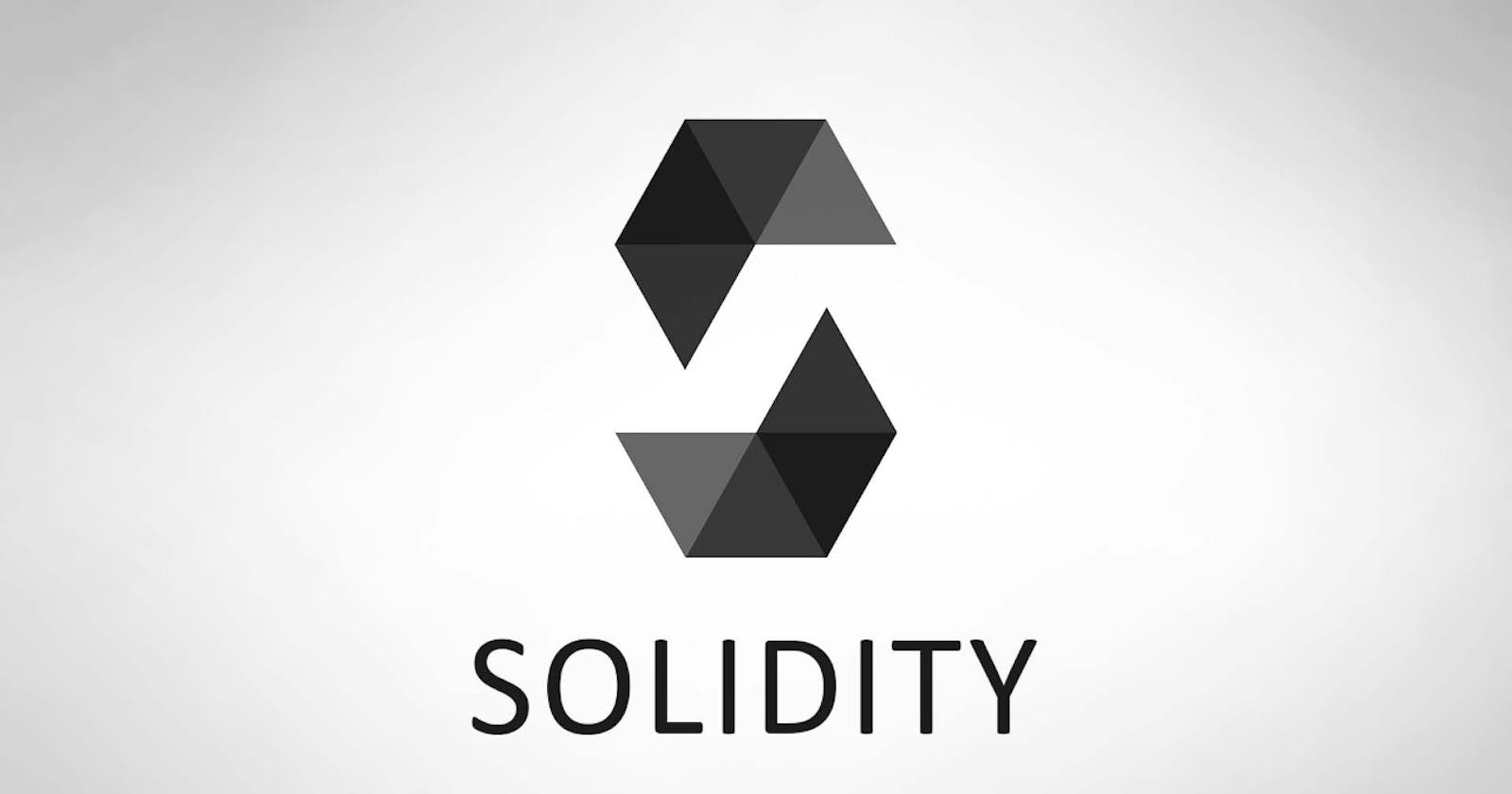Introduction to Solidity: The Language of Ethereum Smart Contracts
Introduction to Solidity: The Language of Ethereum Smart Contracts
Blockchain technology has revolutionized the way we think about digital transactions and data. It has opened up new possibilities for decentralized applications (DApps) and financial systems, all thanks to smart contracts. At the heart of these smart contracts is Solidity, a specialized programming language designed for building Ethereum-based applications. In this article, we'll delve into the world of Solidity and explore its significance in the blockchain ecosystem.
The Need for Smart Contracts
Traditional contracts involve legal agreements, intermediaries, and often tedious processes. They rely on trust in third parties like banks, lawyers, or notaries. Smart contracts aim to change this by automating the execution of agreements in a transparent and secure manner without the need for intermediaries.
Smart contracts are self-executing contracts with the terms of the agreement directly written into code. They run on blockchain networks like Ethereum, where the code and data are immutable, transparent, and decentralized. This makes them tamper-proof and trustworthy, fundamentally changing the way agreements are made and fulfilled.
Meet Solidity
Solidity is the programming language that makes smart contracts on the Ethereum blockchain possible. It was created with a focus on security, reliability, and simplicity. Developed by the Ethereum project’s Solidity team, Solidity has become the go-to choice for developers looking to create decentralized applications and smart contracts.
Key Features of Solidity
1. EVM Compatibility: Solidity code compiles into bytecode that runs on the Ethereum Virtual Machine (EVM). This compatibility ensures that smart contracts written in Solidity can be executed on the Ethereum network.
2. Safety: Solidity includes features to reduce the risk of vulnerabilities and common coding mistakes. However, the onus is on the developer to write secure code.
3. Sophisticated Data Types: Solidity supports a range of data types, including integers, addresses, and structs, which allow developers to model complex data structures within smart contracts.
4. Ecosystem and Tools: There's a thriving ecosystem of development tools like Hardhat, Foundry, Remix, and Openzeppelin that make coding in Solidity easier and more efficient.
5. Active Community: With a strong developer community and continuous improvements, Solidity is continually evolving.
Writing a Simple Solidity Contract
Here's a basic example of a Solidity contract that represents a simple savings account:
pragma solidity ^0.8.0;
contract SimpleSavingsAccount {
address public owner;
uint public balance;
constructor() {
owner = msg.sender;
balance = 0;
}
function deposit(uint amount) public {
require(msg.sender == owner, "Only the owner can deposit.");
balance += amount;
}
function withdraw(uint amount) public {
require(msg.sender == owner, "Only the owner can withdraw.");
require(amount <= balance, "Insufficient funds.");
balance -= amount;
}
}
In this contract, we have a simple savings account with functions to deposit and withdraw funds. The require statements ensure that only the contract owner can access these functions.
Why Learn Solidity?
Understanding Solidity is crucial if you're interested in blockchain development. Whether you're building a DeFi application, an NFT marketplace, or exploring blockchain as a developer, Solidity is the gateway to creating smart contracts that power these projects. It opens up opportunities to build the next generation of decentralized applications and financial systems.
Conclusion
In this article series, we'll take a deep dive into Solidity, exploring its core concepts, advanced features, best practices, and real-world use cases. By the end of this series, you'll have a strong foundation to start developing your own smart contracts and DApps. So, stay tuned for more exciting insights into the world of Solidity!
